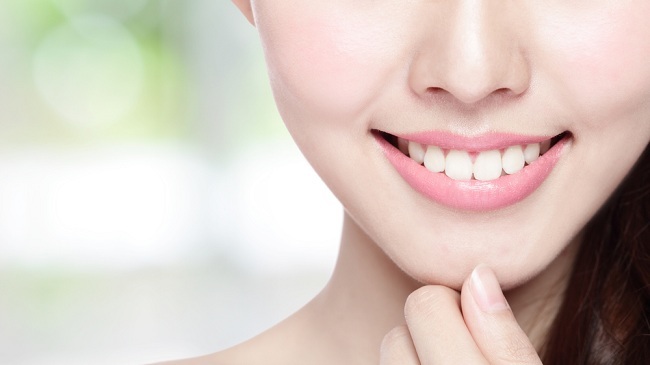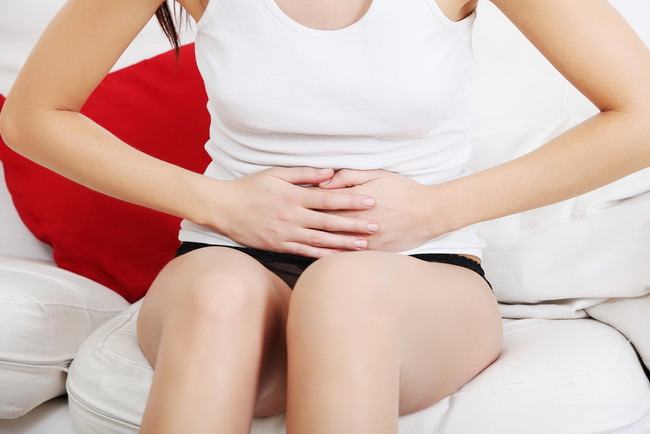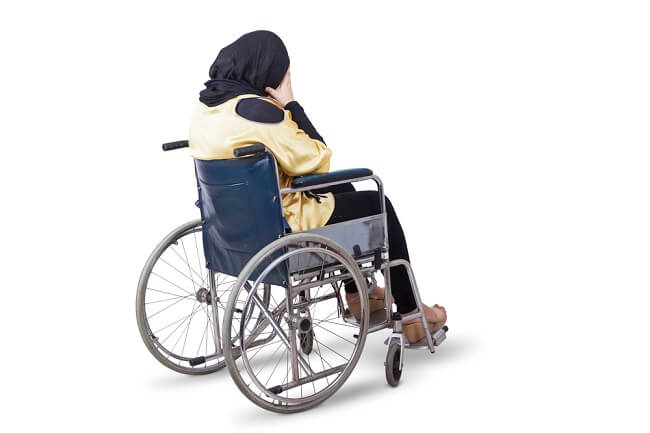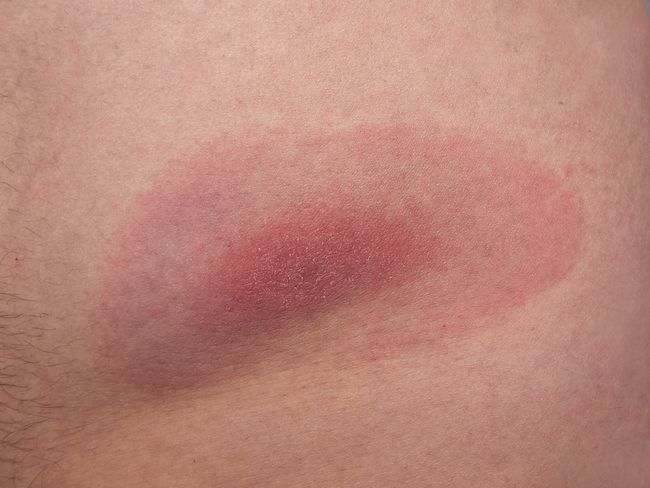Dental cavities can happen to anyone, including pregnant women. Many think that this condition should not be taken lightly, because cavities are believed to be harmful to pregnancy. Is that right?
Cavities generally occur because food residue stuck to the teeth is not cleaned properly. As a result, food residue that has been mixed with bacteria accumulates in the mouth, damaging the outer layer of the tooth (email) to the inside (dentin), and eventually forming a hole.

If left untreated, this condition can lead to infection, tooth decay, and permanent tooth loss.
Cavities Can Harm Pregnancy
Pregnant women are prone to oral health problems, such as bleeding gums or gingivitis and cavities. This can occur due to hormonal changes during pregnancy and can be exacerbated if pregnant women are negligent in maintaining oral and dental hygiene.
In addition, changes in eating behavior, such as cravings sweet food or drink, vomiting or morning sickness, until the feeling of being lazy to brush your teeth because your gums hurt also makes pregnant women prone to cavities.
Cavities in pregnant women must be treated immediately even though they are small. This is because the hole can gradually get bigger.
The bigger the hole in the tooth, the greater the chance of infection that can cause pregnancy complications, such as premature birth, low birth weight, and preeclampsia.
That is why every pregnant woman is advised to do a dental and oral examination. Cavities that are infected or are very painful need to be treated as soon as possible, while mild cavities can be delayed until the second trimester.
Tips for Maintaining Dental and Oral Health During Pregnancy
Because cavities during pregnancy can be very dangerous, pregnant women are recommended to always maintain cleanliness and dental and oral health. Some tips that pregnant women can do are:
- Brush your teeth 2 times a day with a toothpaste containing fluoride.Choose a toothbrush with soft bristles so it doesn't hurt your gums.
- Drink lots of water.
- Limit consumption of sugary foods and drinks because they can cause tooth decay.
- Eat healthy foods, such as a variety of vegetables and fruit.
- Meet the intake of calcium and vitamin D, for example by consuming milk, cheese, bread, cereals, and nuts which are rich in these two nutrients.
- Gargle with water after every vomiting.
- Do not brush your teeth immediately after vomiting, as this can erode tooth enamel
Maintaining dental and oral health during pregnancy is very important for the health of pregnant women and fetuses. After knowing the dangers behind cavities and other dental problems, pregnant women should not be lazy to always pay attention to dental and oral hygiene, right?
Pregnant women also need to regularly check their pregnancy according to the schedule determined by the obstetrician. In addition, immediately consult a dentist if you experience problems or problems with your teeth and mouth.









